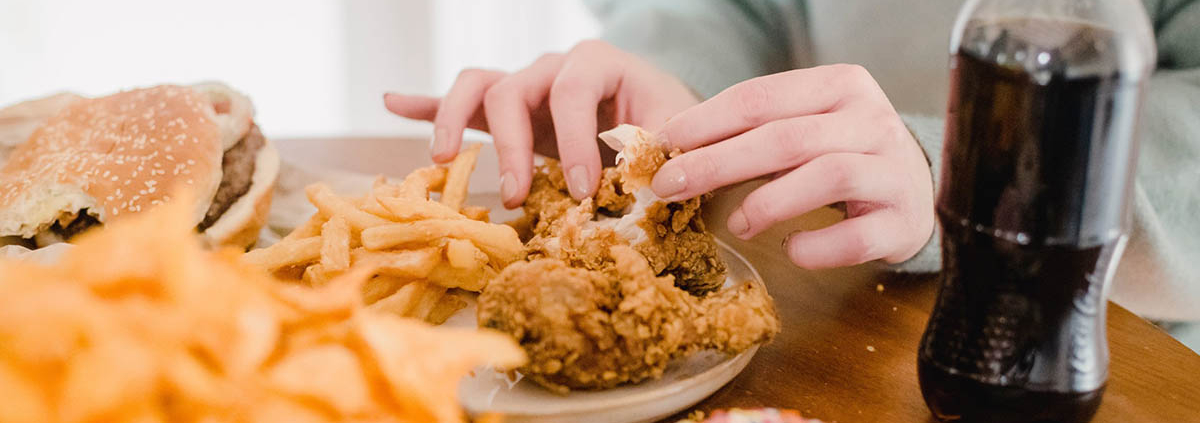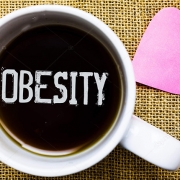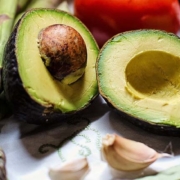Intense exercise while dieting may reduce cravings for fatty food
In a study that offers hope for human dieters, rats on a 30-day diet who exercised intensely resisted cues for favored, high-fat food pellets.
The experiment was designed to test resistance to the phenomenon known as “incubation of craving,” meaning the longer a desired substance is denied, the harder it is to ignore signals for it. The findings suggest that exercise modulated how hard the rats were willing to work for cues associated with the pellets, reflecting how much they craved them.
While more research needs to be done, the study may indicate that exercise can shore up restraint when it comes to certain foods, said Travis Brown, a Washington State University physiology and neuroscience researcher.
“A really important part of maintaining a diet is to have some brain power—the ability to say ‘no, I may be craving that, but I’m going to abstain,’” said Brown, corresponding author on the study published in the journal Obesity. “Exercise could not only be beneficial physically for weight loss but also mentally to gain control over cravings for unhealthy foods.”
In the experiment, Brown and colleagues from WSU and University of Wyoming put 28 rats through a training with a lever that when pressed, turned on a light and made a tone before dispensing a high-fat pellet. After the training period, they tested to see how many times the rats would press the lever just to get the light and tone cue.
Release date: 21 April 2022
Source: Washington State University









